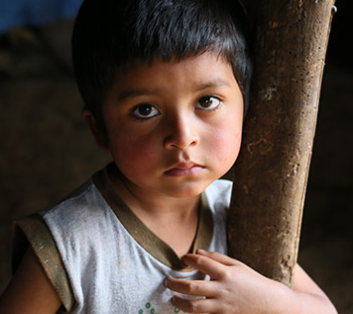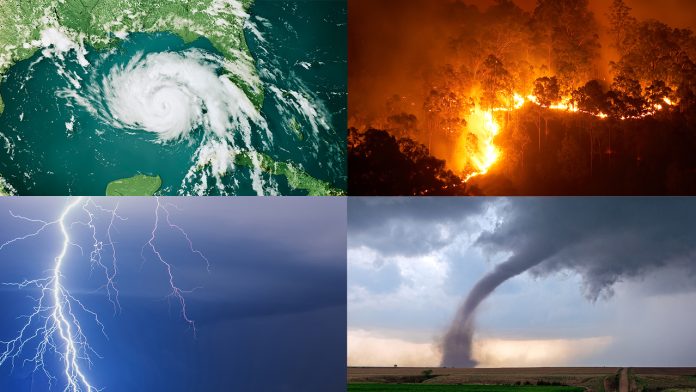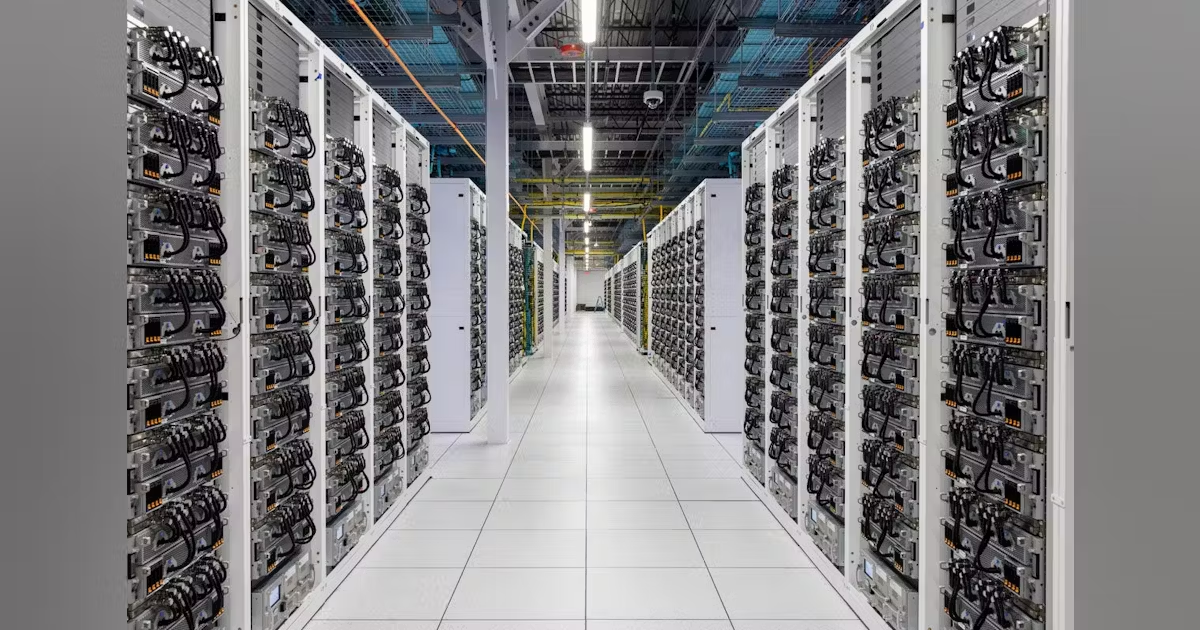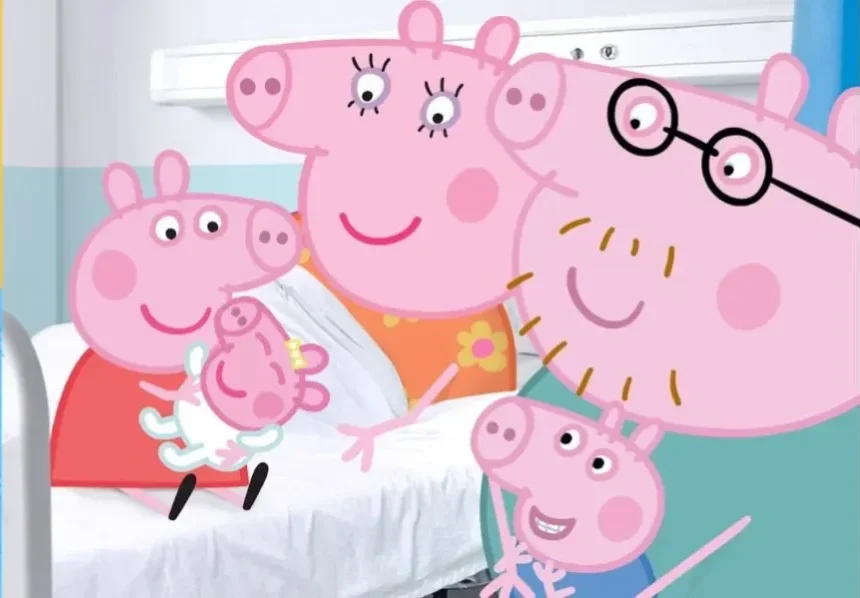
Bolivia is a landlocked South American country with a rich culture, lovely landscape, and indigenous culture. With an estimate of 12 million people, Bolivia is home to many ethnic groups of people, many of whom live in rural areas. Bolivia features the Amazon rainforest, and its capital cities, Sucre and La Paz have a lot of history. Despite these features, Bolivia is a poor nation that belongs to the poorest countries of Latin America.
Bolivia has succeeded in improvement in poverty reduction in the past two decades, but still, there are many challenges. More than 30% of the population remains below the poverty line in Bolivia, and it is the rural areas that experience the most poverty. In these areas, families have no access to clean water, electricity, an education, and medical facilities. Children drop out of school early, and there are few employment opportunities and if they do, it would have to be backbreaking labor.
Inequality is the organising theme. The indigenous majority that makes up the majority of the population is excessively subject to poverty. Structurally, they are kept out of education, health, and politics. They live in most cases on unsafe informal work such as street vending or subsistence farming that offers them little protection and security.
Bolivia’s poverty level directly relates to its colonial past, politics, and economic struggles. Although the government has started initiatives to help poor families, corruption and the fact that there simply are not enough resources to share always find a way to get in the way. The COVID-19 pandemic just accelerated things by pushing more families into poverty due to loss of jobs and strained healthcare.
What Can We Do to Help?
Although the problems of Bolivia may seem far away, there are several important ways United States citizens and students like us can help:
1. Learn and Raise Awareness
Educate yourself on the history of Bolivia and its problems. Spread what you know—through school, the internet, or in your community. Awareness leads to understanding, and understanding can lead to action.
2. Support Responsible Organizations
Volunteer or donate to established nonprofits working in Bolivia, i.e., Save the Children Bolivia or Mano a Mano. They work in healthcare, education, and sustainable development.
3. Fundraise or Organize Drives
Hold a school fund-raiser or school supply drive for disadvantaged communities. Small gestures—a few hundred dollars, a box of school supplies—can go a long way and have an enormous impact on all the kids of Bolivia.
5. Give Your Voice for Change
Encourage your local leaders to support foreign aid and free trade practices. Join the struggle for justice and equality on a large scale and lend your voice to the cause.
A Global Responsibility
Empowering the poor in Bolivia starts with commitment and caring. Through learning, sharing, and taking action, we can build stronger connections across boundaries—and contribute to a more just world for everyone.





